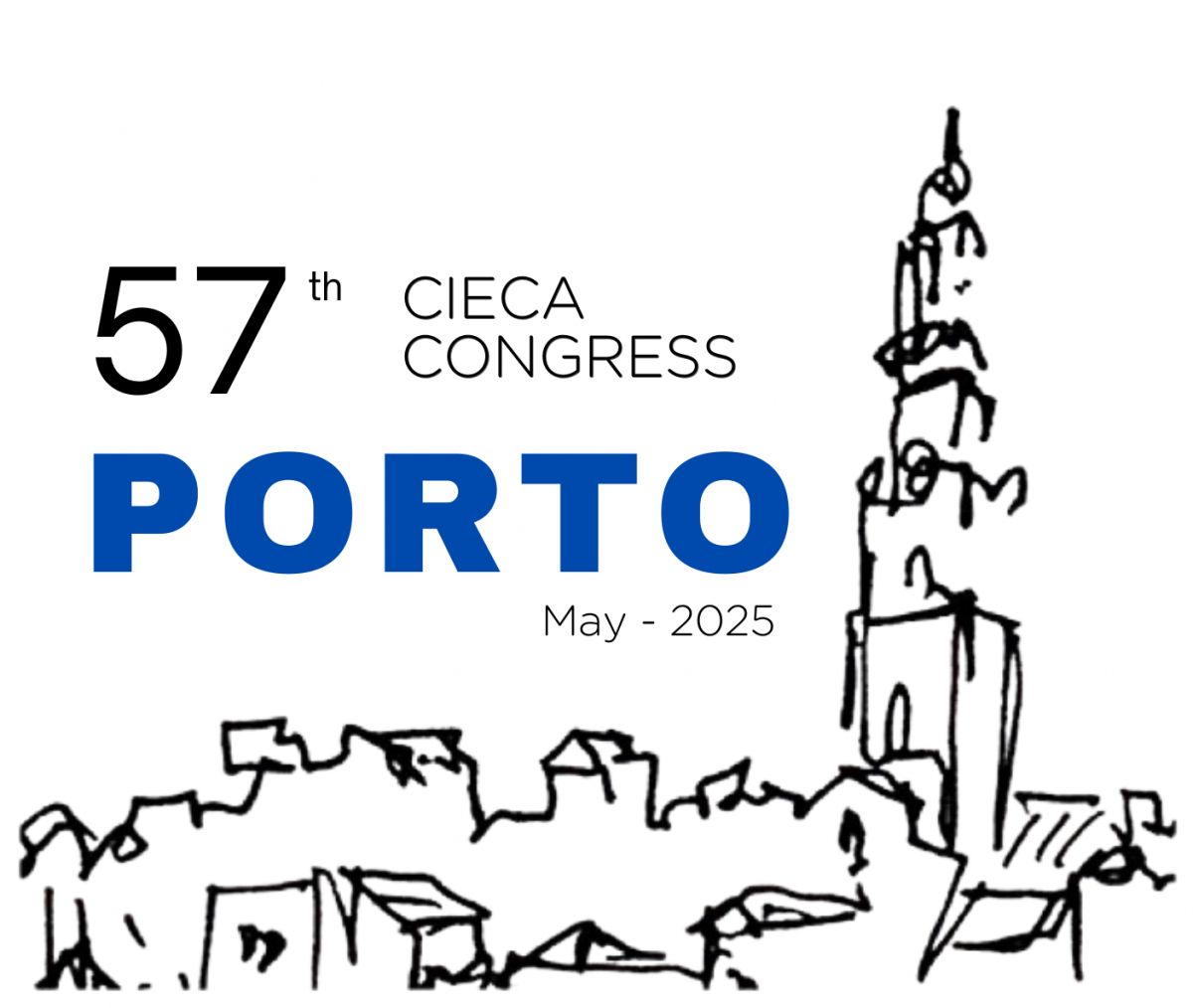"Assessing the difference – different strategies towards a common goal: Vision Zero"
CALL FOR PAPERS - Deadline: 6 December 2024
The 57th CIECA General Assembly and Congress will take place in PORTO, Portugal, on Wednesday 28 and Thursday 29 May 2025. The General Assembly and Congress will be hosted by ANIECA in the Sheraton Hotel, which is situated in Porto City Centre.
Over the last few decades, we have witnessed the creation of several common international standards with the main goal of facilitate free movement of people and promote a safer road environment. However, when it comes to the driving test, these standards tend to establish assessment criteria that apply identically to all candidates from different countries, disregarding the history, context, climate conditions, geography, infrastructure of each State and the individual needs and motivation of each candidate.
Some candidates have specific physical, intellectual and psychological conditions, but are assessed with the same methods and criteria as all the rest. And, even if they do not have any limitations, different generations have different ambitions and motivations that must be considered.
Today's vehicles offer drivers very different technology and features compared to those we knew 30 years ago, when the EU Driving Licence Directive was created. The transition to electric mobility requires drivers to adopt specific driving strategies. This is a challenge for current and future drivers.
Many candidates are trained in areas far away from driving centres. They will be evaluated in an environment very different from the place they are used to and where will be driving most regularly. Other candidates will train exactly in the test areas. And we have now a significant increase of foreign candidates, who were born and raised with a road environment very different from the one they found in their host country. Passing your test in a very different environment and in a language that you do not speak requires a tremendous effort.
Some categories allow the driver to drive a wide variety of vehicles, by mere equivalence. There are countries where category B allows you to drive certain agricultural vehicles, two-wheeled motor vehicles or trailers, although they are not subject to any type of assessment.
The aim of this event is to discuss and learn about the projects and strategies that have been implemented to face the challenge of assessing all situations that deviate from standard.
Abstracts on the following topics can be submitted:
- Assessment of candidates with physical limitations
- Assessment of candidates with intellectual and psychological limitations
- Assessment of candidates with dyslexia
- Assessment of candidates from generation Z, X or Y
- Assessment of foreign candidates
- Assessment of candidates in rural or non-urban areas
- Use of electric vehicles in the practical test
- Use of ADAS in the practical test
- Use of autonomous driving systems in the practical test
- Adaptation of the assessment to accident statistics
- Use of new technologies in drivers’ assessment
- Assessment of offending drivers
- Assessment of drivers involved in accidents
- Hazard perception assessment
- Impact of social status on training and testing.
Please check the submission guidelines here. If you have any questions, please contact Eva Mateo.

